Plex: 6 November 2024
Mapping Disconnected Relief Funds; In the Suspension; Tech We Want, Lee Felsenstein; The Fossil Fuel Shell Game; Leverage Points: Regenerative Agriculture and Ultra-Processed Food Industry; It's Not Complicated, It's Complex; Photos from Italy; Remembrances from 1960; The Reckoning

The Biweekly Plex Dispatch is an inter-community newspaper published by Collective Sense Commons on first and third Wednesdays of each month. Price per issue: 1 USD, or your choice of amount (even zero).
In This Issue
- Mapping Disconnected Relief Funds (Kevin Jones)
- In the Suspension (George Pór)
- Tech We Want ; Lee Felsenstein (Charles Blass)
- The Fossil Fuel Shell Game (Douglass Carmichael)
- Leverage Points: Regenerative Agriculture and Ultra-Processed Food Industry (Klaus Mager)
- It’s Not Complicated, It’s Complex (Gil Friend)
- Photos from Italy (Ken Homer)
- Remembrances from 1960 (Ken Homer)
- The Reckoning (Todd Hoskins)

Mapping Disconnected Relief Funds
by Kevin Jones
With Self Help Credit Union and Eagle Market Streets Community Development Corporation, helped by Warren Wilson College students, we are mapping all the disconnected relief funds that are coming or have come into town.
We want to enable:
- Discovery, who’s doing what, then
- Enable cooperation by funds in the same sectors (housing, help to reopen a business, etc.)
Help us rebuild Asheville by giving and investing in groups without a voice at the table. https://neighborhoodeconomics.org/help-rebuild-asheville/
Ed. note: Kevin lives along the Swannanoa River in western North Carolina, which experienced devastating flooding in connection with Hurricane Helene.
charles blass
In the Suspension
by George Pór

I am the excited synaptic receptor
yearning for the arrival of the neurotransmitter
that will bring the new information, the new connection
with the intricate web of neurons that I am part of.
. . .
Suspension and suspense.
Quivering with joyous anticipation.
The ecstasy of co-creation is waiting for me
and I enjoy each nanosecond of this delayed gratification.
. . .
Blow up the last moment before climax
until it becomes eternity.
Calm your heart in the crescendo of the waves
towering above your ordinary consciousness.
. . .
Sweet surrender to the oscillation
between nothing and everything…
Ed. note: George is expanding into a new domain of his creativity. He just started a new publication on Medium, the Metamodern Shamanic Verses. This is the first piece published in the new series.

Tech We Want ; Lee Felsenstein
by Charles Blass
a few things for the plex
Tech We Want
great gathering, two days
The Tech We Want Summit, Open Knowledge Foundation
day one: https://www.youtube.com/live/o50Jd1w6xKw
day two: https://www.youtube.com/live/V7Sxo0IXe8g
also an artifact that emerged at the end, manifesto in progress:
https://docs.google.com/document/d/10cWRtIJgSqxKE9qKp4sPRBlJpFvTtHzGLTBuN0SRz6c/edit
Lee Felsenstein

Interviewed by John Markoff on 2024-10-03 in Mountain View, CA © Computer History Museum Lee Felsenstein joins award winning tech Journalist, John Markoff, at the Computer History Museum, to discuss his new book, Me and My Big Ideas – Counterculture, Social Media, and the Future. Felsenstein reflects on his transformative experiences as a participant in the Free Speech Movement at UC Berkeley in 1964. At just 19, Felsenstein began a career that included pioneering public-access social media and designing early personal computers, earning recognition as a Fellow of the Computer History Museum in 2016. The book intertwines autobiography with the exploration of key ideas he championed throughout his 50-year career. Felsenstein delves into the concept of the “agora”—the communal spaces vital for public discourse—and critiques today’s social media landscape, likening users to “livestock at information feedlots.” He concludes with insights for future designers, advocating for thoughtful innovation to foster community and meaningful exchanges in the digital age.

The Fossil Fuel Shell Game
by Douglass Carmichael
No one can make a decision that cuts fossil fuel use. What doesn't get used here will be sold somewhere else.
The reason is interesting and fairly simple. But important to understand. If we cut the flow of energy to the home of the Joneses, the fuel that does not go to the Joneses, but used to, goes back into general supply and is part of what is being sold.
We know that fossil fuel use is increasing worldwide, not decreasing. The cut to any person or organization faces the same logic: it just gets sold somewhere else in a world of rising energy demands.
The only way to cut fossil fuel use (burning in some machine) is to pump it back into the ground or put it in large storage tanks. But beware, the world uses 100 million barrels per day.
The result is there is no way to cut fossil fuel use. If the price goes up it means increased demand, if the price goes down it means more opportunities have become economical. So our request to leaders to “do something” cannot be met.
So there are some core difficulties:
- All economic activity requires moving material or information. Both use energy and produce CO2.
- If not direct, then through the manufacture of the equipment to produce the energy used.
- Rising CO2 means rising temperatures.
- No way to stop selling energy in the aggregate.
- There is no such thing as clean energy. Gas produces half the CO2 of coal. Half is not clean.
- Net-zero promised that we can drill, dig and pump now because in the future we will be able to remove the CO2 with new technologies that do not exist at scale (total industrial CO2 in the atmosphere is about as much as the weight and volume of all the cars in the world).
charles blass
Leverage Points: Regenerative Agriculture and Ultra-Processed Food Industry
by Klaus Mager
In view of our recent OGM conversation regarding climate change denial and its implications, my next newsletter is focused on finding leverage points to enter these highly controlled markets in the food sector of the economy, arguably a keystone sector that deserves more focus. As the reality of a changing environment is becoming more obvious, and the risks to the supply chain is increasing, there is now a window of opportunity opening up to support change.
The newsletter also shows the amazing power of a well-trained GPT specialist to support strategy, and conduct research with blinding speed. The challenge now is what I call ‘operationalizing’ our ideas and insights, looking for traction and scale to overcome the inertia of legacy systems that are very slow and reluctant to change.
Ed. note: The post is now up: Corporate interest groups and their implications for global food governance
Subscribe to Klaus’s newsletter at LinkedIn: Food with Thought
charles blass
It’s Not Complicated, It’s Complex
by Gil Friend
Originally published at: It’s NOT complicated! It’s complex.
I was both moved and provoked by Neil Theise’s unsettling / comforting / unsettling keynote at the SustainableBrands conference in San Diego last week. (Only my second face-to-face with real humans conference since the Covid thing began!) So of course I invited him to join us for this month’s Living Between Worlds conversation for possibility. I’ve uploaded it to YouTube and you can watch it now.
Neil is an MD, Zen Buddhist, professor of pathology at the NYU Grossman School of Medicine, pioneer of adult stem cell plasticity and the anatomy of the human interstitium, and author of Notes on Complexity: A Scientific Theory of Connection, Consciousness, and Being.
As Maria Popova wrote in The Marginalian, Neil “endeavors to bridge the mystery out there with the mystery of us, bringing together our three primary instruments of investigating reality — empirical science (with a focus on complexity theory), philosophy (with a focus on Western idealism), and metaphysics (with a focus on Buddhism, Vedanta, Kabbalah, and Śaivism) — to paint a picture of the universe and all of its minutest parts ‘as nothing but a vast, self-organizing, complex system, the emergent properties of which are… everything’.”
Among his many juicy insights, Neil offers four features of the complex adaptive systems in which we are embedded and which we are—which do what they do bottom up not top down, behaving as though planned but not:
- Numbers matter.
- Negative feedback loops prevail.
- Interactions are local, without global sensing (despite the human illusion).
- A low level of randomness is essential.
Which led to many questions, including, “what does planning look like when emergence makes planning impossible?”
I was glad for the chance for a deeper conversation with him about what that all means for the challenges of sustainability, regeneration, and the world we want—and to be able to share it with you. Have a look, see where the conversation went, and let me know:
- What, if anything, shifted for you while absorbing this conversation?
- What, if anything, is showing up differently in your life?
Also, please “like” and “subscribe”! YouTube is nicer to us when you do. And join us next time, on the third Wednesday of every month from 12:00-1:30pm Pacific time. You can register for our November and December sessions right here.
charles blass
Photos from Italy
by Ken Homer
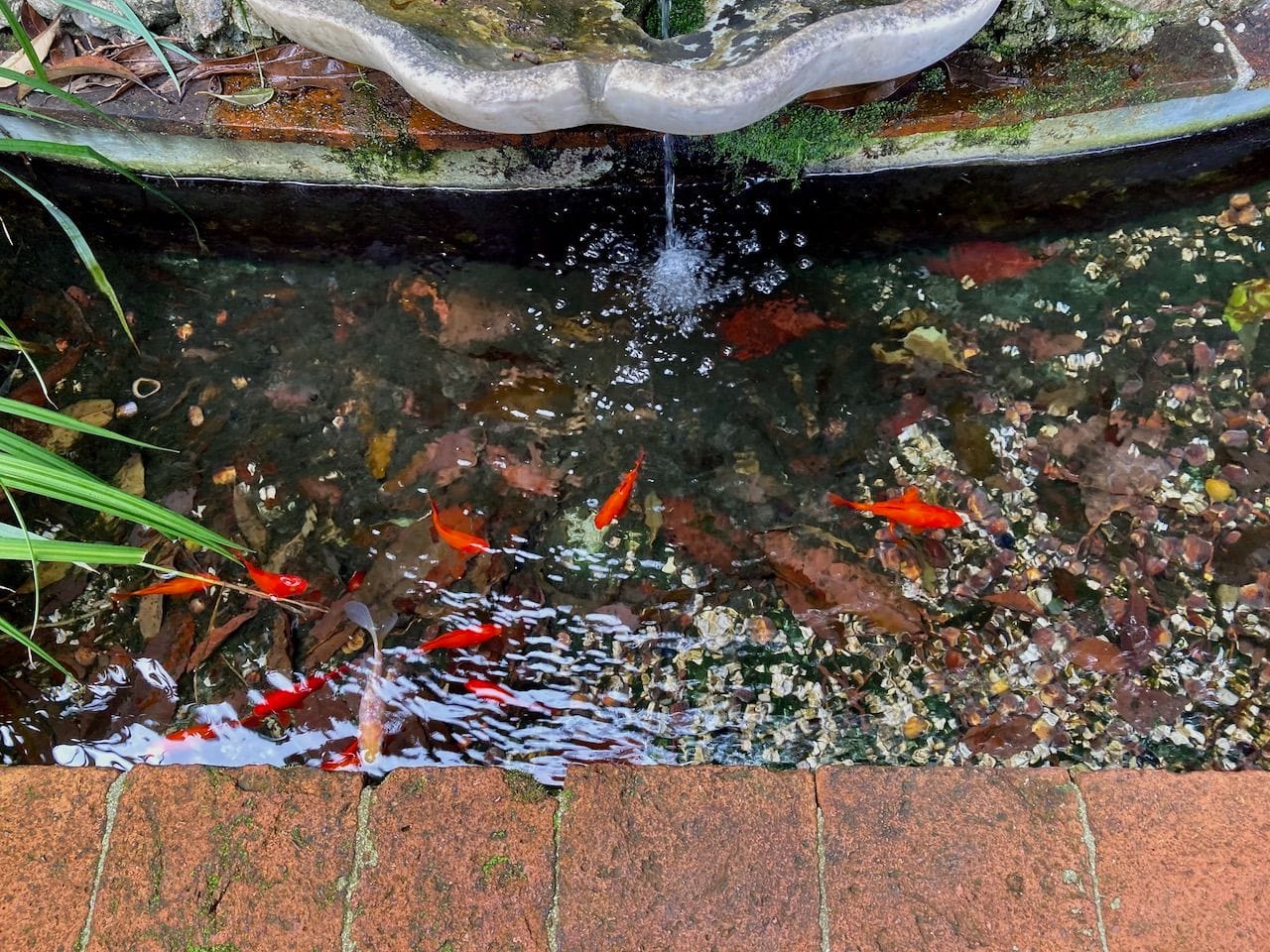
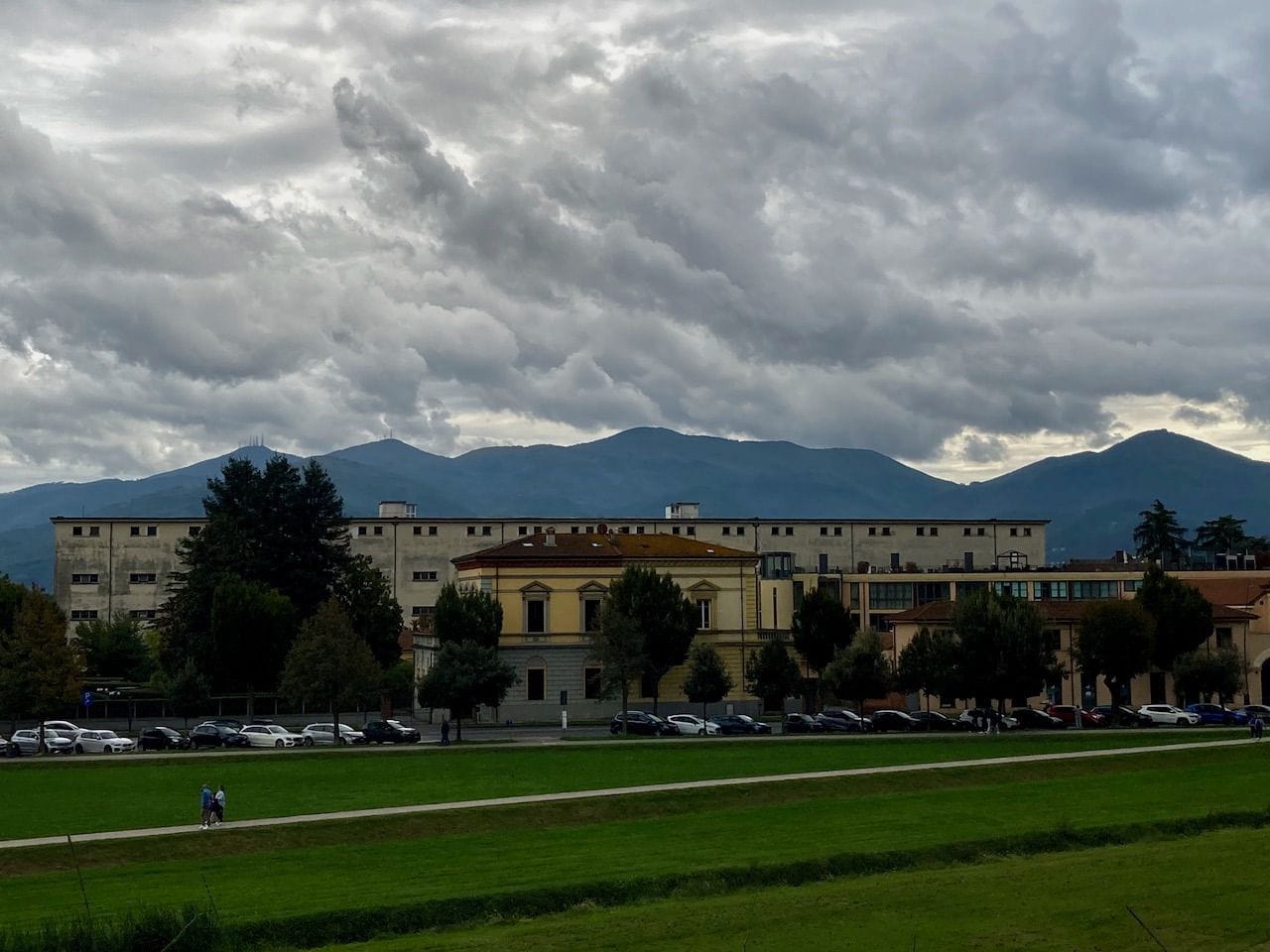

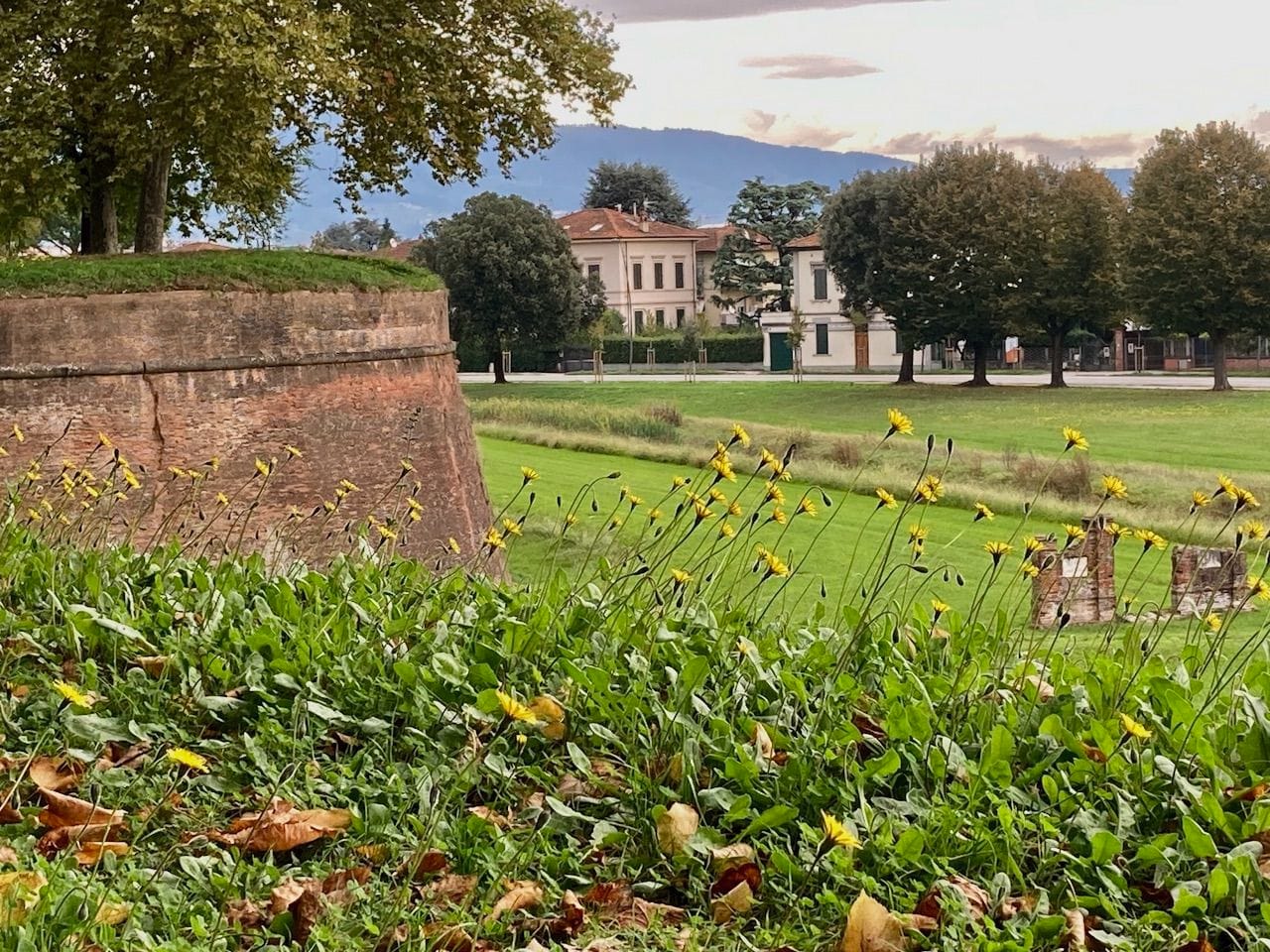
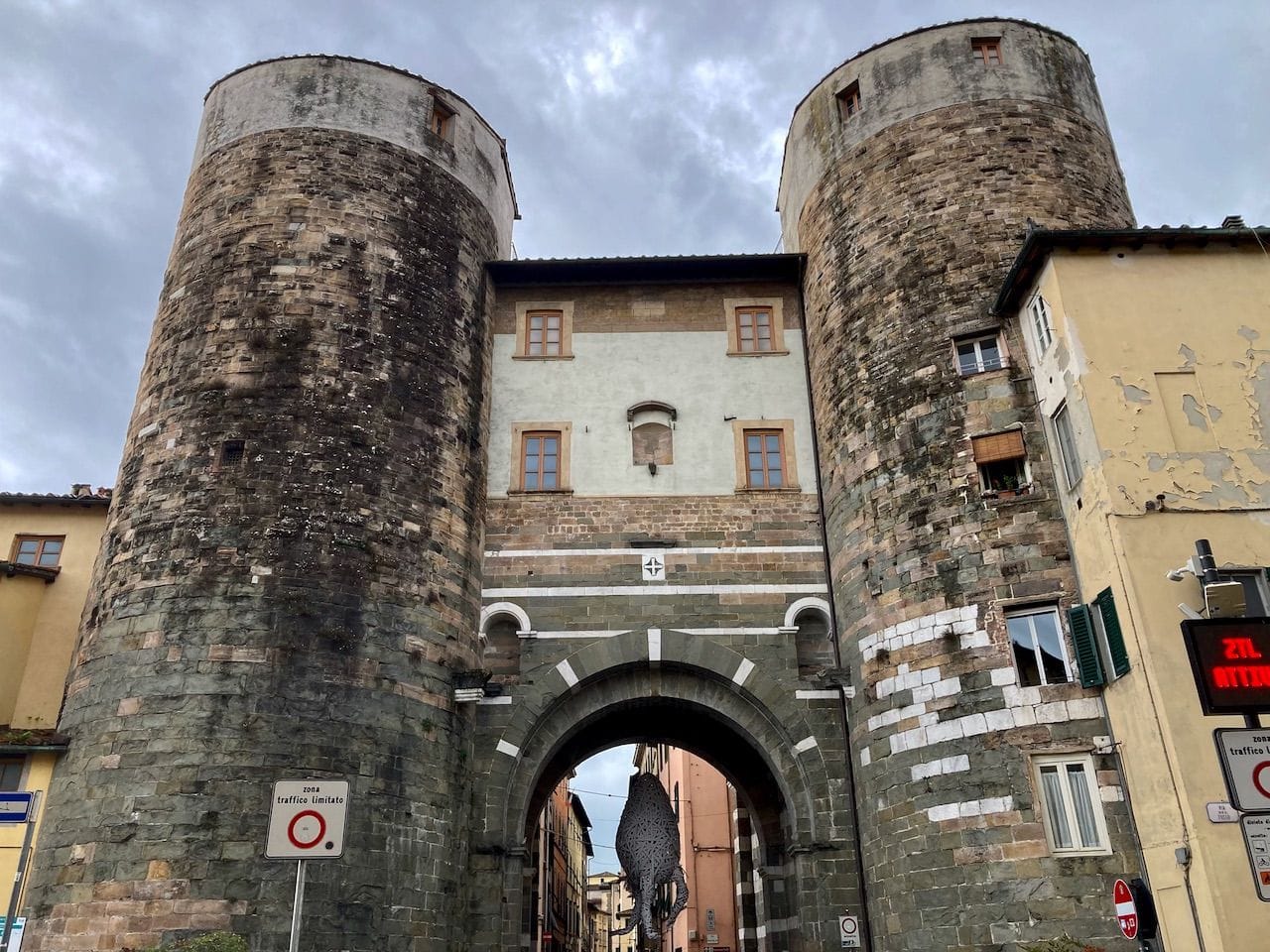
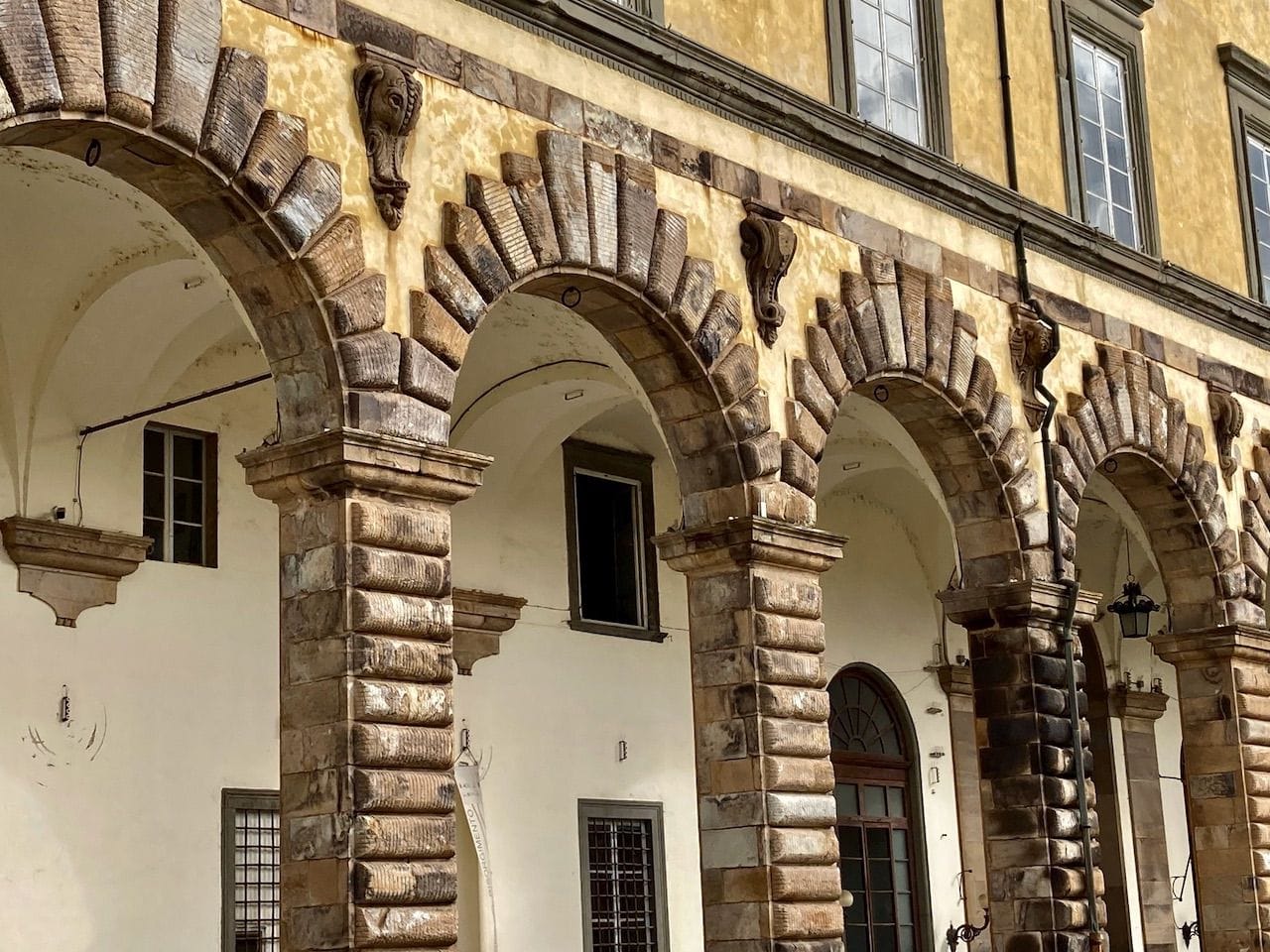



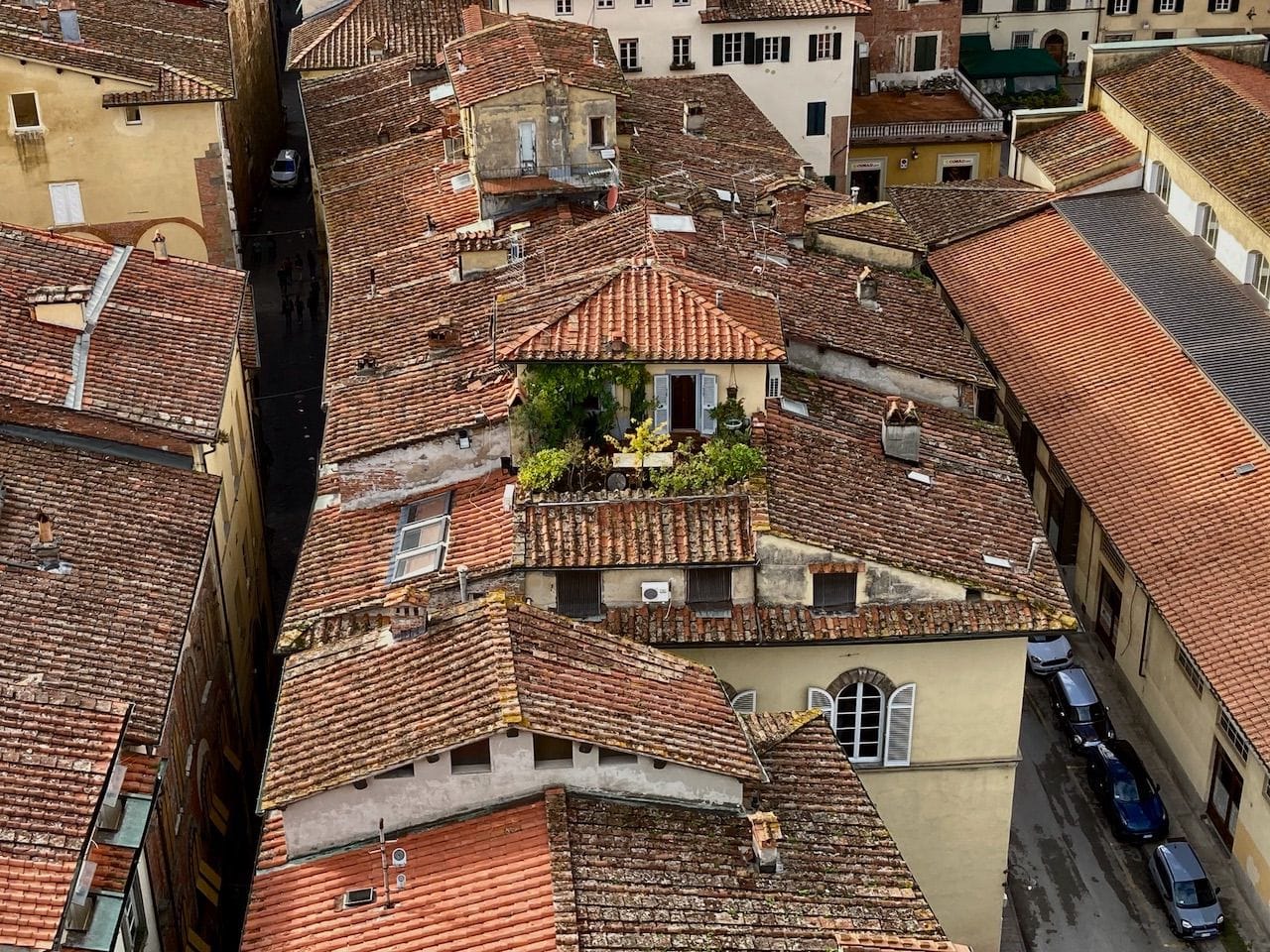
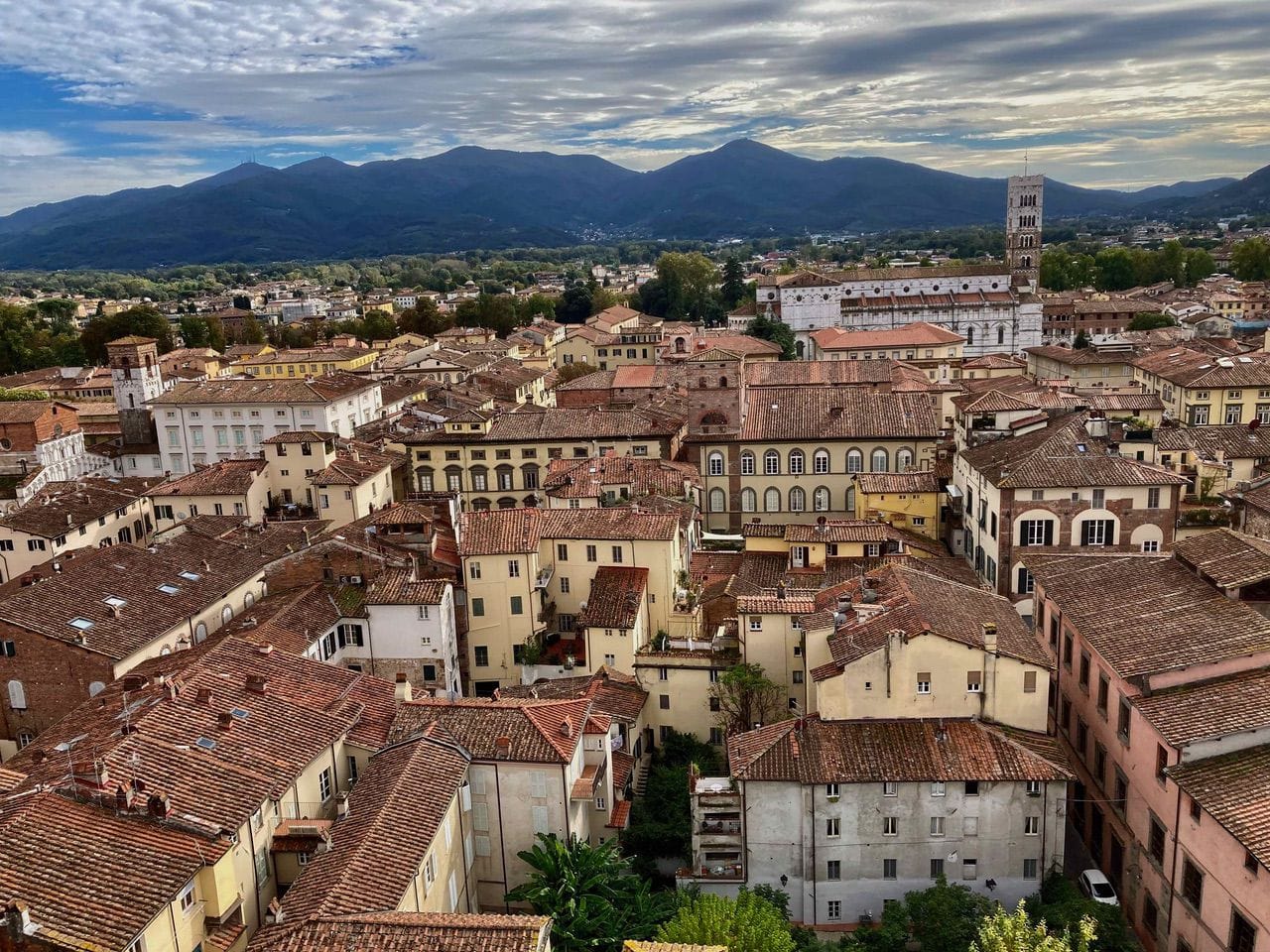

charles blass
Remembrances from 1960
by Ken Homer
The Census
Although I was only three
I remember the 1960 census
A nice woman came to the door
She asked my mom a lot of questions
I fleshed out her answers
Providing details
I felt she glossed over
After the woman left
I was rewarded with
A visit from the hairbrush
The Presidential Election
Who won?
I asked my dad
The morning after
The 1960 election
His face fell
Kennedy
He spat the name
More than spoke it
Yay! Said me
Even at the tender
Age of three
There was something
About Richard Nixon
That I didn't like
Ken Homer • February 2024
The Reckoning
by Todd Hoskins
The people have spoken
They are angry
And fearful
Many did not speak
They are angry too
We could blame
Misinformation or profit-driven media
Citizens United and dysregulated capitalism
Fears of women
Accents, different beliefs, colors, and cultures
Malignant foreign actors or US imperialism
Social media and the failure of the education system
Musk or Trump or McConnell
Corruption or greed
But their anger is justified
Even if misplaced
We have not honored life
Our systems are broken
Tectonic plates shift under our feet
No matter who is tending the garden
The spiritual crisis drags along
Expressed through
Unimaginative governance
Plunder
Hopelessness
Death and addiction
We wanted stability
To face the crises
To feel safe and secure
But rage and fear do not carefully select
A best solution
Do not call the angry
Stupid or ignorant
They are not simply
Choosing a dictator
Manipulated
Or uninformed
We all know Kali
In blazing fire
Roaring wind
Trembling earth
And rushing waters
Reshuffling the elements
Beyond good and evil
She is not reasonable
There is wisdom in millions of people
Pleading for disruption
Even if some may think
They have found their savior
Perhaps we will thank them
For hastening the reckoning
Let us join them in anger
Not at each other
But at what we’ve allowed
Somewhere beneath that anger
Is love and life
Care and hope
There is grief here too
Far deeper
Than one fateful election
It’s knowing who we are
Is not who we thought we were
This nation was built
On ambitious ideals
But also rebels
Vanquishers and vagabonds
Opportunists and separatists
Were we ever united
When we shook and took
From the land
The native peoples
And looked the other way?
Yet the sacred persists
In a smile
Singing of birds
Gentle breeze
Touch of skin
Fresh fruit
Wag of a tail
The reckoning can bring life
If I stay open to it
charles blass
Thank you for reading! The next edition will be published on 20 November 2024. Email Pete with suggested submissions.
Grateful appreciation and many thanks to Charles Blass, Douglass Carmichael, Gil Friend, Ken Homer, Todd Hoskins, Kevin Jones, Klaus Mager, and George Pór for their kind contributions to this issue.
